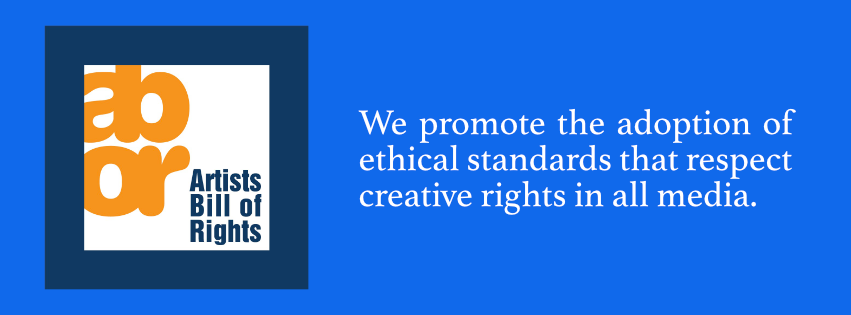About This Organisation
Vancouver Organizing Committee for the 2010 Olympic & Paralympic Winter Games
About this Organisation
The Vancouver Organizing Committee for the 2010 Olympic and Paralympic Winter Games (VANOC) was the non-profit organization responsible for planning, organizing, financing and staging the 2010 Winter Olympics and 2010 Winter Paralympics. Established on September 30, 2003, about four months after the 2010 games were awarded to Vancouver, British Columbia, it performed these roles with "the mandate to support and promote the development of sport in Canada."
VANOC was led by chief executive officer John Furlong, an Irish-born long-time member of the Canadian Olympic Committee. Its board of directors consisted of 20 members, with seven chosen by the Canadian Olympic Committee, one from the Canadian Paralympic Committee, three each from Canadian and British Columbian provincial governments, two from the City government of Vancouver, two from the Resort Municipality of Whistler, one chosen jointly by the Band Councils of the Lil'wat and S?wx?wú7mesh Nations, and a final director chosen by the other 19 members. ![]() Wikipedia
Wikipedia
About this Report
![]() Competitions or appeals seeking submissions of creative works from the public, works such as photos, videos, poems, music, etc., are reviewed by the Bill of Rights campaign. The reviews are to help you decide whether you should participate in the competition or appeal. The only thing you need to understand is that when you create a work (e.g. a photo) the law automatically makes you the sole beneficiary of certain rights over that work (but see note 1 below). These rights are called intellectual property rights.
Competitions or appeals seeking submissions of creative works from the public, works such as photos, videos, poems, music, etc., are reviewed by the Bill of Rights campaign. The reviews are to help you decide whether you should participate in the competition or appeal. The only thing you need to understand is that when you create a work (e.g. a photo) the law automatically makes you the sole beneficiary of certain rights over that work (but see note 1 below). These rights are called intellectual property rights.
Rights have a value and you are free to decide what that value is. If a person or organisation would like to use your work to promote something, you have the right to refuse permission, or to set a fee for a specific use and decide how long they may use it. More information about intellectual property rights and their value to you as an individual can be read in our Guide to Rights & Licensing. Listed on the next tab are some competitions or appeals promoted by the above organisation. For each we detail how the organisation's terms and conditions will exploit your rights to their advantage for works you submit to their competition or appeal.
The main aims of the Bill of Rights Campaign are to help everyone understand that their intellectual property rights have a value and to encourage competition and appeal organisers to adopt the standards set out in the Bill of Rights for Artists.
Note 1. Rights for works created as an employee are usually owned by your employer.
Failing the Bill of Rights
The Bill of Rights Standards for Creative Competitions
Competitions which meet all the standards set out in the Bill of Rights For Artists do not do any of the following -
- claim copyright
- claim exclusive use
- seek waiving of moral rights
- fail to give a credit for all free usage
- add, alter, or remove metadata from submissions
- seek usage rights other than for promoting the contest and no other purpose. Note that a book, posters, cards, or a calendar are seen as legitimate ways of promoting the contest and defraying costs
- seek free usage rights in excess of 3 years
- use the submissions commercially without the entrant's agreement, and such commercial usage is to be subject to a freely negotiated license independently of the competition.
- make it a condition of winning that an entrant must sign a commercial usage agreement
- fail to publish all documents on the competition website that an entrant may have to sign
- fail to name the judges for this or last year's competition
- fail to explicitly state all the organisations who will acquire rights to the submissions
- set a closing date more than 18 months after the contest launch date
- fail to make clear statements of rights claimed and how submissions are used.
We have written an Organisers Guide to the Bill of Rights to help organisers draft terms and conditions that respect the rights of entrants and at the same time provide legal protection for the organiser.
© Bill of Rights Supporters Group
![]()
The above text may be reproduced providing a link is given to the Bill of Rights For Artists.
Any text reproduced in italics in this report has been extracted from a competition or appeal website for the purposes of review.
Organisations who would like to be promoted as a Bill of Rights Supporter and have their competitions promoted on the Rights On List can use this contact form. We look forward to hearing from you.

